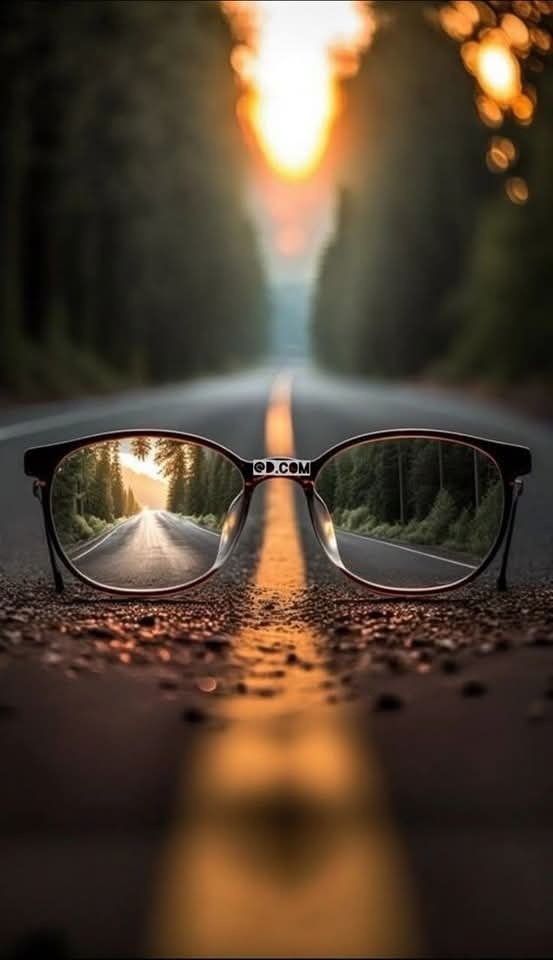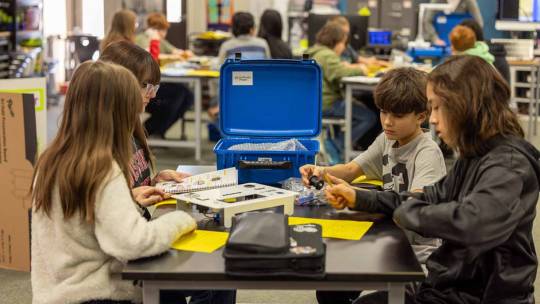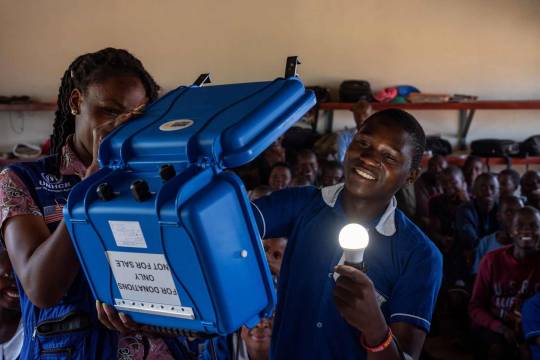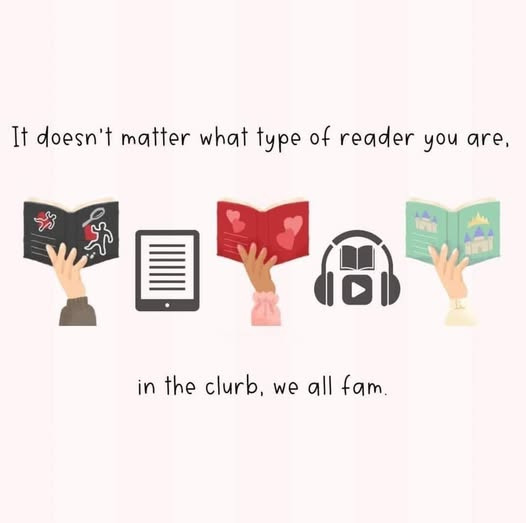Quirky chick, nerd, wannabe Afropolitan, lover of the arts, fashion, movies, good books and post-apocalyptic television shows.
Don't wanna be here? Send us removal request.
Text
“I could spend the rest of my life reading, just satisfying my curiosity.”
— Malcolm X (b. 19 May 1925)
5K notes
·
View notes
Text

...e via andare...a vedere cosa ci riserva questo nuovo giorno...
42 notes
·
View notes
Text
Audiobook of the Week 🎧
Oathbound by @TracyDeonn released this week, so perfect time to reread Legendborn and Bloodmarked! Both are available on @Libro.fm to listen or from your #locallibrary! 📖✨
www.sistahscifi.com || https://libro.fm/playlists/1049?bookstore=sistahscifi
#SistahScifi #Legendborn #Bloodmarked #Oathbound #TracyDeonn
@simonbooks @simonteen @simon.audio
#audiobook#audiobooks#scifi#sci fi books#fantasy#sistahscifi#blackownedbookstore#library#fantasy books#legendborn#legendborn book
3 notes
·
View notes
Text
Kids Who Die
by Langston Hughes
This is for the kids who die, Black and white, For kids will die certainly. The old and rich will live on awhile, As always, Eating blood and gold, Letting kids die.
Kids will die in the swamps of Mississippi Organizing sharecroppers Kids will die in the streets of Chicago Organizing workers Kids will die in the orange groves of California Telling others to get together Whites and Filipinos, Negroes and Mexicans, All kinds of kids will die Who don’t believe in lies, and bribes, and contentment And a lousy peace.
Of course, the wise and the learned Who pen editorials in the papers, And the gentlemen with Dr. in front of their names White and black, Who make surveys and write books Will live on weaving words to smother the kids who die, And the sleazy courts, And the bribe-reaching police, And the blood-loving generals, And the money-loving preachers Will all raise their hands against the kids who die, Beating them with laws and clubs and bayonets and bullets To frighten the people — For the kids who die are like iron in the blood of the people — And the old and rich don’t want the people To taste the iron of the kids who die, Don’t want the people to get wise to their own power, To believe an Angelo Herndon, or even get together
Listen, kids who die — Maybe, now, there will be no monument for you Except in our hearts Maybe your bodies’ll be lost in a swamp Or a prison grave, or the potter’s field, Or the rivers where you’re drowned like Leibknecht But the day will come — You are sure yourselves that it is coming — When the marching feet of the masses Will raise for you a living monument of love, And joy, and laughter, And black hands and white hands clasped as one, And a song that reaches the sky — The song of the life triumphant Through the kids who die.
1K notes
·
View notes
Text


From February 16 to 17, 1913 Letters to Felice by Franz Kafka First published : 1973
20K notes
·
View notes
Text
"Seventh graders at Thurgood Marshall Middle School in Rockford, Illinois are learning about STEM — but they’re also learning about real-world challenges.
The students have taken on a new project: assembling “solar suitcases” to help bring electricity to schools in Uganda’s Bidi Bidi Refugee Settlement, which is home to 270,000 South Sudanese refugees.
It’s an initiative led by We Share Solar, a nonprofit that provides science and technology learning projects for students that then go on to benefit other students in low-income areas of the world.

The project introduces middle schoolers to fundamental electrical concepts, like positive and negative charges, voltage, amps, and wiring, ultimately producing a 12-volt DC solar power system that will be distributed among the refugee community.
“We’ve learned many things like positives and negatives, amps, volts, all that stuff, and how to wire stuff together,” Pratham Mehta, one of the Thurgood Marshall students, told WIFR News.
“We’re taking all this stuff for granted, and other countries don’t have all this stuff, like electricity.”
The suitcases will bring electricity to 40 schools in the refugee settlement, which provide education to over 12,000 students. They are designed to be easily transported (thus the suitcase design), which makes them ideal for off-grid locations, like a refugee camp.
The panels in the suitcase collect sunlight and harness the energy in a built-in battery. It can then provide power to up to five light bulbs for 50 to 60 hours a week. Depending on the capacity of the system, it can also help power small electronics like phones or radios.
For people in the Bidi Bidi settlement — one of the largest refugee settlements in the world — this kind of power can make an enormous impact.
In fact, We Share Solar has deployed over 1,000 suitcases to “energy-scarce locations” across the world, with more than 500,000 students and teachers benefitting from the power they provide.

“The We Share Solar education program serves youth twice,” Hal Aronson, co-founder of the organization, said, “first as an educational experience for American youth and second as a renewable power and lighting system for youth in parts of the world that lack electricity.”
Along with connecting students to learning opportunities, the organization ensures each device is tested by a professional to ensure it is built to withstand energy demands. Then, the suitcases are installed by trained partners in destination countries, and students and teachers alike learn about the new clean energy technologies they have implemented.
At the start of the 2024 school year, the We Share Solar program was implemented in 13 Illinois schools, training educators in the curriculum and setting up the project across the state.
“This is just the beginning,” a Facebook post from We Share Solar states. “These passionate teachers will now guide their students in building solar cases, providing a hands-on STEM experience with real-world impact.”
-via GoodGoodGood, January 16, 2025
602 notes
·
View notes

















